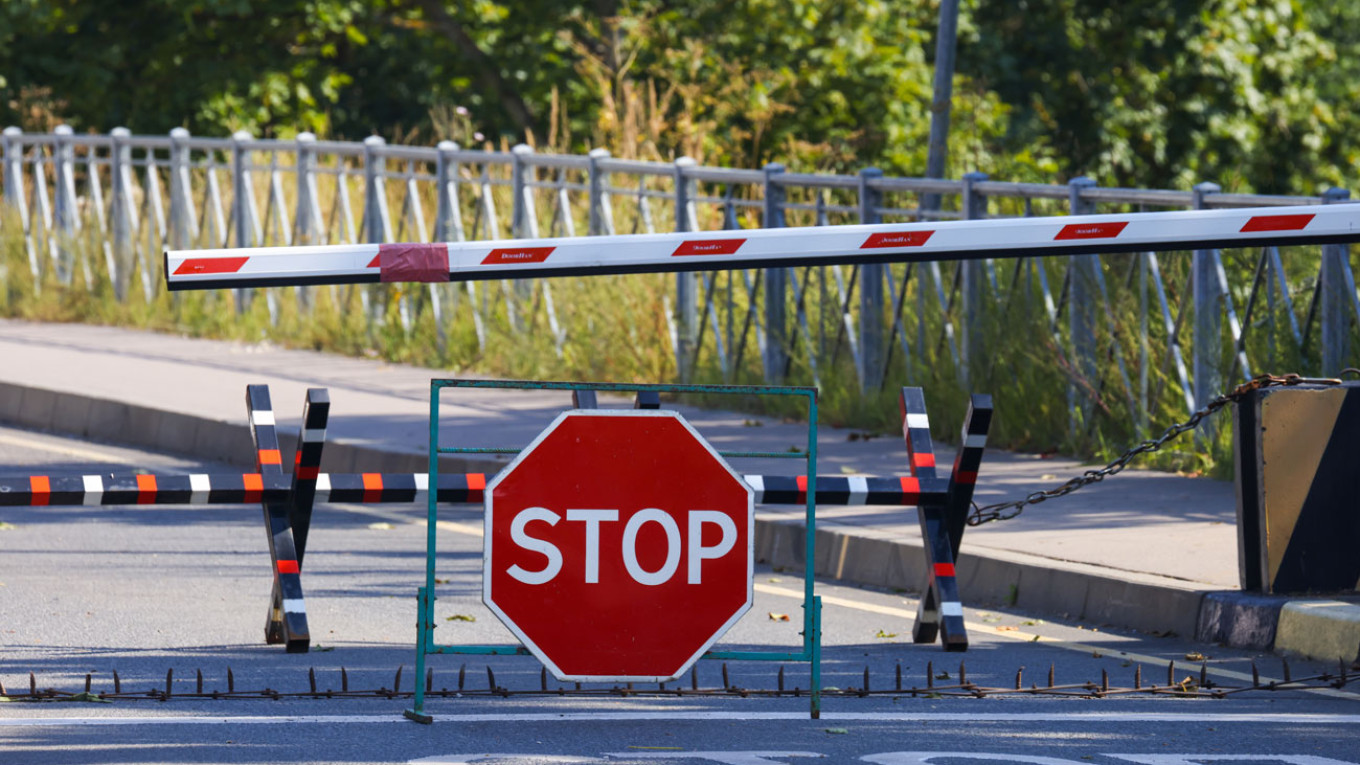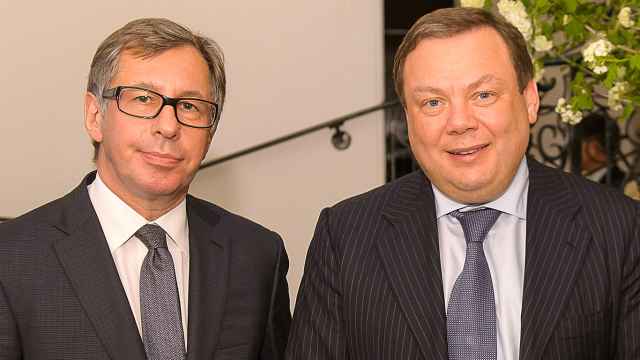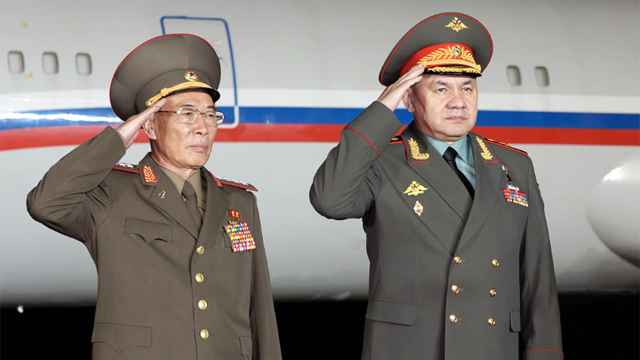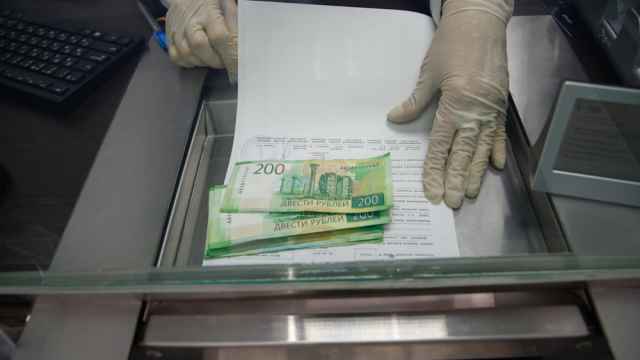Moscow’s Foreign Ministry has slammed a European Union ban on Russian citizens from bringing their personal vehicles and other belongings across EU borders as a “racist” move.
In a Sept. 8 explanatory note to its rules on sanctions against Russia over the invasion of Ukraine, the European Commission said that the regulation “prohibits the purchase, import, or transfer, directly or indirectly, of goods…if they originate in Russia or are exported from Russia."
These goods appear to range from cars, smartphones and laptops to everyday necessities like toothpaste and toilet paper.
“This is not a policy of sanctions, this is not a question of creating some additional benefits for the sinking economy of the European Union. This is racism as it is,” the state-run TASS news agency quoted Foreign Ministry spokeswoman Maria Zakharova as saying Monday.
Former Russian President Dmitry Medvedev suggested that Moscow should “temporarily suspend diplomatic relations with the EU,” adding that, in his opinion, the EU “told all Russians” that “you are second-class citizens for us.”
Last week, the RBC news website reported that the list of banned items includes personal belongings such as smartphones, jewelry and laptops.
Asked about the implementation of the rules, a European Commission spokesperson said that clothes worn by people crossing a border were unlikely to be seen as an attempt to bypass sanctions.
"That is a different situation to an expensive car," the spokesperson said, as reported by Reuters.
In a comment to The Bell news website on Monday, European Commission spokesman Daniel Sheridan Ferrie said that “EU member states are required to comply with European sanctions” and added that clothes would not be sanctioned like cars and “other valuable goods.”
Earlier this summer, German customs said that it could confiscate private cars in which Russians have entered the country. At least 10 vehicles were confiscated in Germany, Deutsche Welle reported in July.
Some Russian lawyers argued that confiscating one's personal belongings is unlawful.
“The fact that a Russian citizen is on the territory of another state, assuming he traveled there not on forged documents but on a legal basis, does not constitute a crime," said Vladimir Starinsky, chairman of the Starinsky & Partners bar association.
Some also said the restrictions could harm Russian opposition activists and figures who had to leave Russia due to an intensified crackdown on dissent since the start of the war against Ukraine.
“Is this policy aimed at further restricting Russian citizens from visiting the EU countries including those who flee from the [Russian President Vladimir] Putin regime and threat of war?” Boris Bondarev, a former member of Russia's delegation to the United Nations in Geneva who resigned in protest of the war, said on X (formerly Twitter).
The Bell contributed reporting.
A Message from The Moscow Times:
Dear readers,
We are facing unprecedented challenges. Russia's Prosecutor General's Office has designated The Moscow Times as an "undesirable" organization, criminalizing our work and putting our staff at risk of prosecution. This follows our earlier unjust labeling as a "foreign agent."
These actions are direct attempts to silence independent journalism in Russia. The authorities claim our work "discredits the decisions of the Russian leadership." We see things differently: we strive to provide accurate, unbiased reporting on Russia.
We, the journalists of The Moscow Times, refuse to be silenced. But to continue our work, we need your help.
Your support, no matter how small, makes a world of difference. If you can, please support us monthly starting from just $2. It's quick to set up, and every contribution makes a significant impact.
By supporting The Moscow Times, you're defending open, independent journalism in the face of repression. Thank you for standing with us.
Remind me later.






